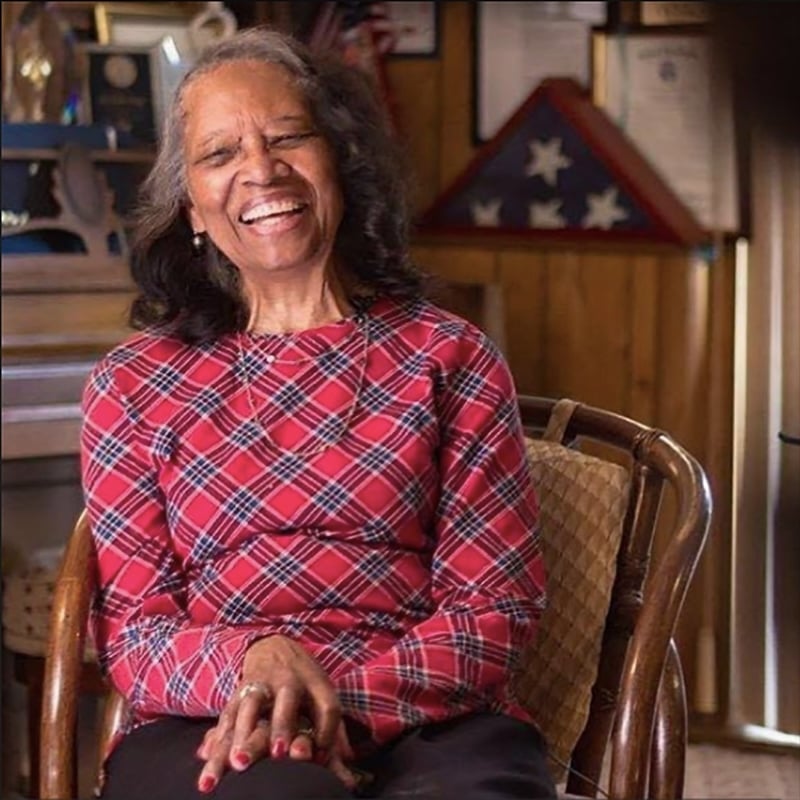8 Landmark Moments In Black History In Bergen County
From baseball championships to integration, Black history is Bergen history.

We can attend educational events, support Black-owned businesses and donate to good causes, but as our celebration of Black History Month continues, it is important to honor events in Black history which happened here in Bergen County. Northern New Jersey has been the site of many important moments in the history of Civil Rights, including the first town in the United States to integrate schools via vote.
Maureen Ellis-Davis, an associate professor of sociology at Bergen Community College and the co-chair of BCC’s Black History Month celebration committee, says that Black history must begin on the local level. “Everything begins on a local level. Understanding other people begins on the local level.” On New Jersey’s place in Black history, she says: “I’m amazed, sometimes, by the important things that have happened here that people don’t know. There are plenty of people who just don’t know there was ever slavery in New Jersey. And that matters, because events then speak to now, in ways we aren’t expecting. New Jersey also got rid of slavery before the South did. There are places all around New Jersey that were stops on the Underground Railroad. We should be proud of that, and we should preserve it.”
“Everything is local, and we need to understand and share our stories with each other,” she adds. “We can be proud of what brought us to this point.”
Bergen history and Black history are intertwined. Here are eight out of many moments in Bergen County’s Black history, the effects of which we are still feeling today:
1920-1950: The Garfield Colored Giants of the New Jersey Semi-Professional Negro Baseball League were established in 1920 as a place where Black baseball players could play the game they loved while the Major League was still largely segregated. They won the championship in 1949.
1949: The New Jersey Civil Rights Act reinforces bans on segregation in public places such as pools and roller rinks.
1961: Civil Rights activist Theodora Smiley Lacey, who took part in the Montgomery Bus Boycotts, moves to Teaneck. She and her husband, Archie, found the North East Community Organization (NECO) and begin to fight for school integration in Bergen.
1964: Schools are integrated in Teaneck, which becomes the first town in the nation to integrate through vote in a white-majority area.
1965: Arnold E. Brown, born in Englewood, becomes the first Black man elected to represent Bergen County in the New Jersey Legislature.
1971: Lee Porter becomes the executive director of the Fair Housing Council of Northern New Jersey, a position she still holds to this day. She is called the “Mother of Fair Housing,” and continues to fight for housing rights for marginalized communities.
2018: After serving 25 years with the Englewood Police Department, Anthony Cureton is sworn in as Bergen County’s first elected Black sheriff.
2021: After beginning his career as a narcotics detective, Jason Love becomes the first Black man to be sworn in as chief detective of Bergen County.
How are you celebrating Black history this February? Let us know over on Instagram @bergenmagnj.

